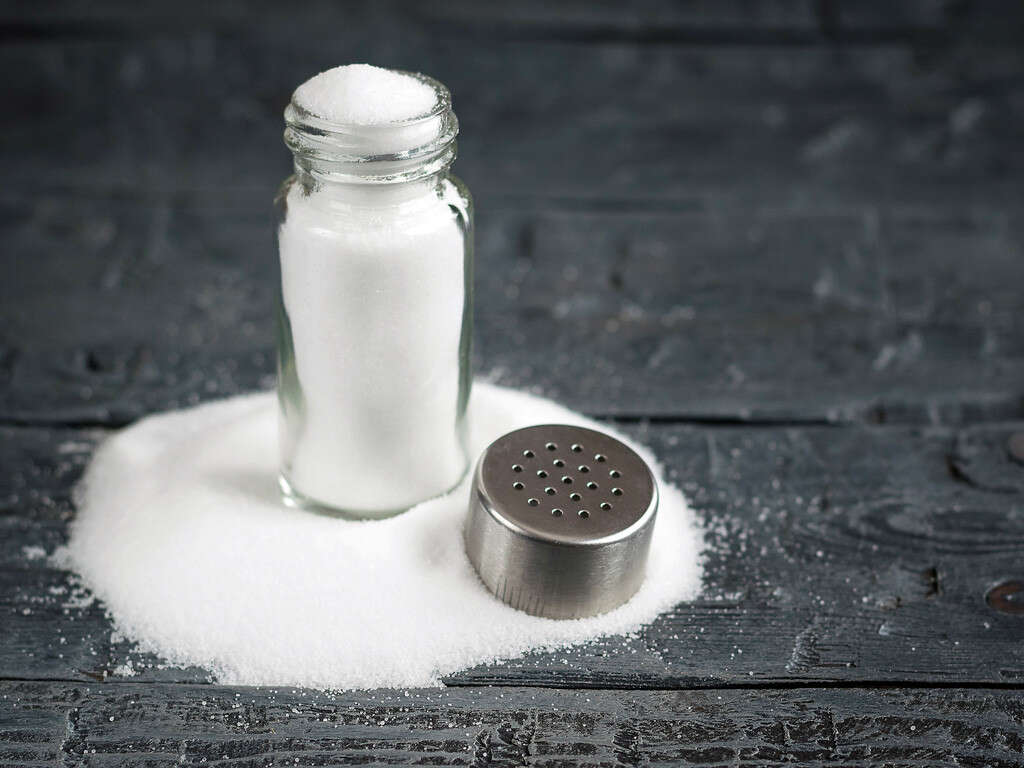What Is Adrenal Fatigue?
Adrenal fatigue, or hypoadrenia, is a condition in which the adrenal glands fail to make enough hormones, resulting in chronic fatigue. The condition is thought to be caused by factors such as long-term stress, over-consumption of stimulants, and hyperactivity.
Although not recognized by the mainstream medical community as a legitimate condition, many alternative health care practitioners diagnose and treat adrenal fatigue, and sufferers claim restored health and energy after treatment. Read the following 10 facts about adrenal fatigue and decide for yourself whether addressing the problem in your own life could be worthwhile.

1. What Are Adrenal Glands?
The adrenal glands are part of the endocrine system, which is a group of organs responsible for releasing chemical messages called hormones into the bloodstream. They sit directly on top of the kidneys and beneath the diaphragm. They are each surrounded by a fatty protective layer known as an adipose capsule. Inside the capsule, the outermost layer is called the adrenal cortex and the inside portion is called the adrenal medulla.
Both adrenal glands are approximately 1 inch long and 2 inches wide, with the left slightly larger than the right. The right adrenal gland is shaped like a pyramid and sits adjacent to the right lobe of the liver. The left adrenal gland is shaped more like a crescent and is near the stomach, pancreas, and spleen.
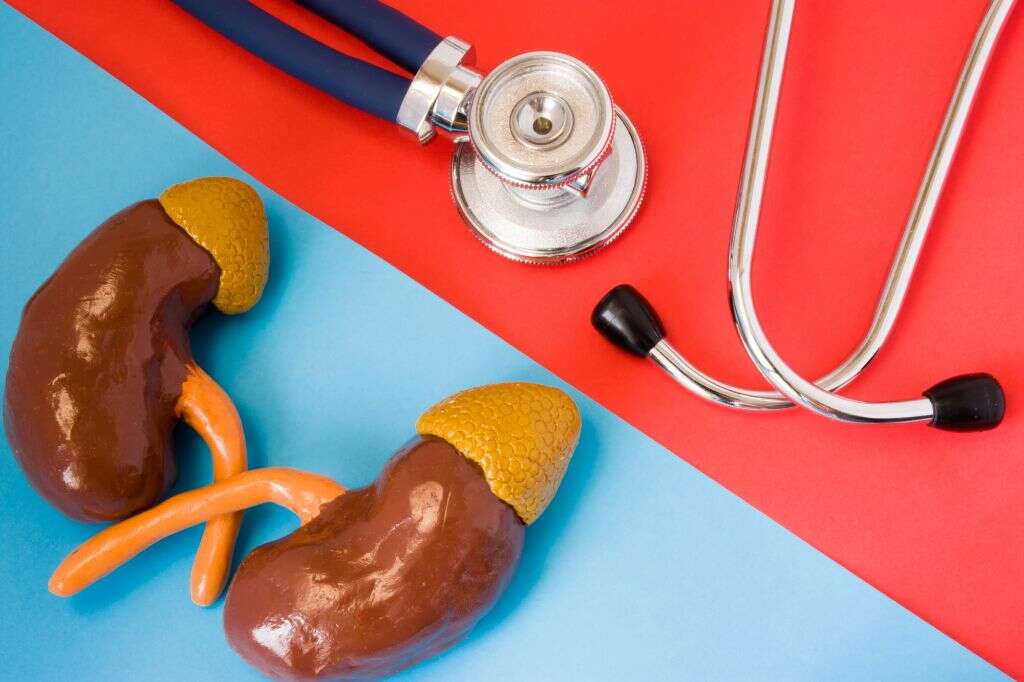
2. What Hormones Do the Adrenal Glands Produce?
The middle portion of the adrenals produces epinephrine and norepiniphrine, also known as adrenaline and noradrenaline. Epinephrine creates what we know as an “adrenaline rush” by causing the heart to beat faster and stronger, increasing the diameter of airways in the lungs, and increasing blood sugar levels. Norephinephrine causes similar effects, with the additional action of narrowing blood vessels and raising blood pressure.
The adrenal cortex secretes natural pain killers called enkephalins and three hormones: cortisol, aldosterone, and DHEA. Cortisol provides energy during times of stress, controls metabolism of nutrients from food and increases blood sugar, regulates blood pressure and inflammatory response, and controls circadian sleep rhythm. Aldosterone regulates blood pressure, pH, and electrolyte levels of blood, and DHEA coverts to female hormones (estrogens) in the ovaries or male hormones (androgens) in the testes.
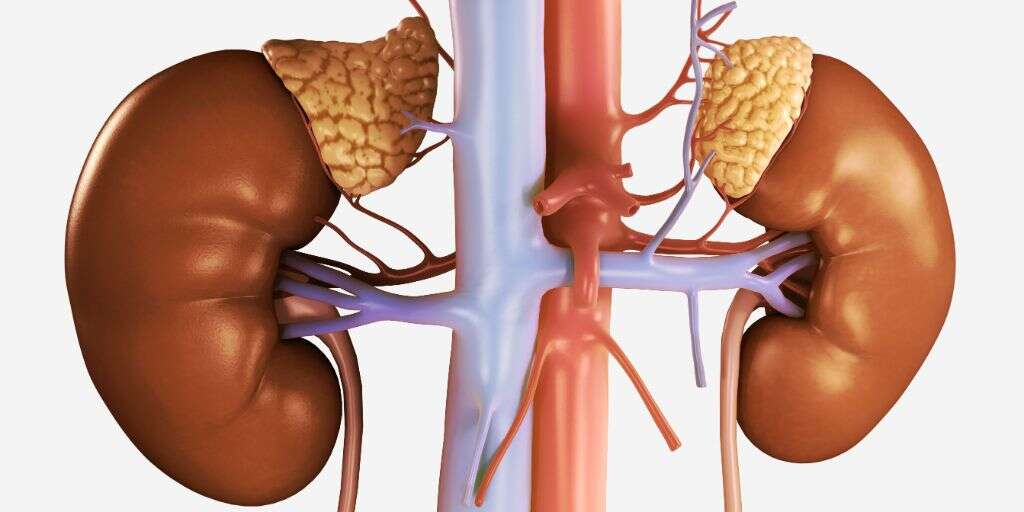
3. What Are the Symptoms of Adrenal Fatigue?
Feeling chronically tired is the primary symptom of adrenal fatigue, but diagnosis is usually made based on a patient presenting one or more associated symptoms such as insomnia, fatigue, depression, headaches, muscle pain, low blood sugar, restless leg syndrome, digestive problems, low blood pressure, or hair loss.
Blood tests can be performed to measure the level of adrenal hormones in the blood. These are the hormones released as part of the body’s fight-or-flight response to danger and those used to deal with long-term stress. A hallmark symptom of the condition is the existence of sub-clinical, or virtually undetectable, deficiencies of these hormones, so sometimes the tests are inconclusive.

4. What Causes Adrenal Fatigue?
Most alternative health practitioners claim that adrenal fatigue is caused by certain lifestyle choices, including chronic stress, overuse of stimulants and alcohol, poor nutrition, lack of sleep, and either habitual over-exertion or lack of any exercise. For example, a hypothetical scenario of a person with adrenal fatigue would go something like this: wake up in the morning and drink several cups of coffee to get going; commute to a high-pressure job; skip lunch or eat fast food; drink alcohol or take sleeping pills to fall asleep; get up the next morning to do it all again.
The above behaviors collectively can cause the adrenal glands to secrete excessive amounts of cortisol and perhaps to make less aldosterone. Another possibility is that receptors in the body become less sensitive to epinephrine and norepinephrine, as has been shown to happen when taking methylphenidate (Ritalin), a stimulant medication used to treat ADHD.

5. Is Adrenal Fatigue the Same Thing as Adrenal Insufficiency?
Adrenal fatigue is not the same as adrenal insufficiency or Addison’s disease, a disorder in which the adrenal glands do not produce enough cortisol or aldosterone. Addison’s disease affects one in 100,000 people and is usually the result of an autoimmune disease, a chronic infection, tuberculosis, cancer, or surgery that destroyed a significant portion of the adrenal cortex. Symptoms differ from those of adrenal fatigue and include things like recurring yeast infections, delayed puberty, low blood pressure, anemia, hepatitis, and diabetes.
Another condition sometimes confused with adrenal fatigue is Cushing’s syndrome, in which the adrenal glands make too much cortisol, usually as a result of taking steroid drugs. Symptoms of this condition include fatty deposits on the upper back and around the neck and abdomen, purple stretch marks, hirsuteness, and osteoporosis.
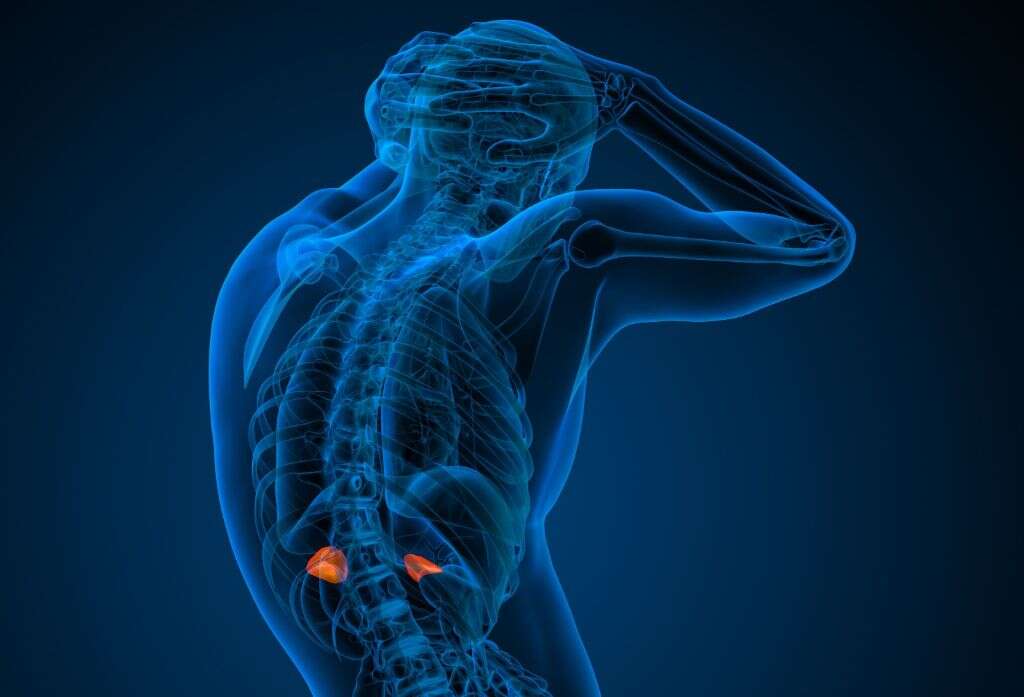
6. What Medications Help Adrenal Fatigue?
Because adrenal fatigue is not a recognized medical condition, there is no approved prescription drug or treatment. Alternative health practitioners instead may recommend vitamins and minerals such as vitamin D to help synthesize hormones, vitamin C for the immune system, vitamins B-12, B-6, and B-5 for energy, and magnesium for stress.
The following herbs are also sometimes recommended: ashwagandha (Withania somnifera), holy basil (Ocimum tenuiflorum), licorice root (Glycyrrhiza glabra), maca root (Lepidium peruvianum), golden root (Rhodiola rosea), and Siberian ginseng (Eleutherococcus senticosus). Adrenal supplements are not recommended because the body can become reliant on artificial hormones and stop making them for itself. Cortisol supplementation can be especially dangerous, with side effects including osteoporosis and cardiovascular disease.

7. Which Foods Aid in Recovery From Adrenal Fatigue?
Nutrient-dense, natural, and fresh foods are recommended to help the body heal itself. Examples of healing foods are organically grown fruits and vegetables, whole grains, beans and legumes, natural and organic dairy products with no added sugars, grass-fed meats, and free-range eggs. A low-fat diet is not necessarily a healthy one, because the body requires lipids and fat-soluble vitamins to synthesize hormones. Examples of healthy fats to include are extra virgin olive, coconut, sesame, or avocado oils, and organic butter or ghee.
Foods to avoid are those that challenge the body’s digestive and immune systems and those that raise the blood sugar or create free radicals. Specifically, you should avoid processed and low-nutrient foods; foods fried in cottonseed, corn, or other low-quality oils; caffeinated beverages and energy drinks; alcohol; and refined sugars and carbohydrates.

8. What Lifestyle Changes Help Reverse Adrenal Fatigue?
Advice for those who suffer from adrenal fatigue can be summarized in two words: slow down. For example, instead of listening to the news on the way to work, try relaxing music; instead of a working lunch, try eating a healthy meal or going for a short walk; and in the evenings, try yoga or meditation to replace the glass of wine or pills you usually take to help you sleep. If you feel that you can’t wake up without caffeine or sleep without sedatives, then you should address the underlying causes of these problems.
Another bit of advice that can seem counter-intuitive is to cut back on strenuous exercise. The reason behind this seeming paradox is that the body treats vigorous exercise as a type of stress and responds by causing the adrenal glands to produce even more hormones. A better choice for those recovering from adrenal fatigue is to temporarily switch to gentle exercises like walking, swimming, dancing, or doing yoga. These choices provide wonderful benefits to the body without the adrenaline rush and can lower stress levels throughout the rest of the day.

9. Why Doesn’t the Medical Community Think Adrenal Fatigue Is Real?
Most mainstream health professionals, including professional members of the Endocrine Society, do not recognize adrenal fatigue as an actual medical condition. A number of scientific studies have discovered no correlation between perceived feelings of fatigue and measured levels of adrenal function. For example, one study found no difference between salivary cortisol levels of patients who felt fatigued and those who did not.
Doctors may discourage patients from pursuing treatment for adrenal fatigue for a variety of other reasons. Some fear it to be a misdiagnosis of an underlying, more serious illness causing similar symptoms. Others simply may never have heard of it, since it is not something they learned in medical school.
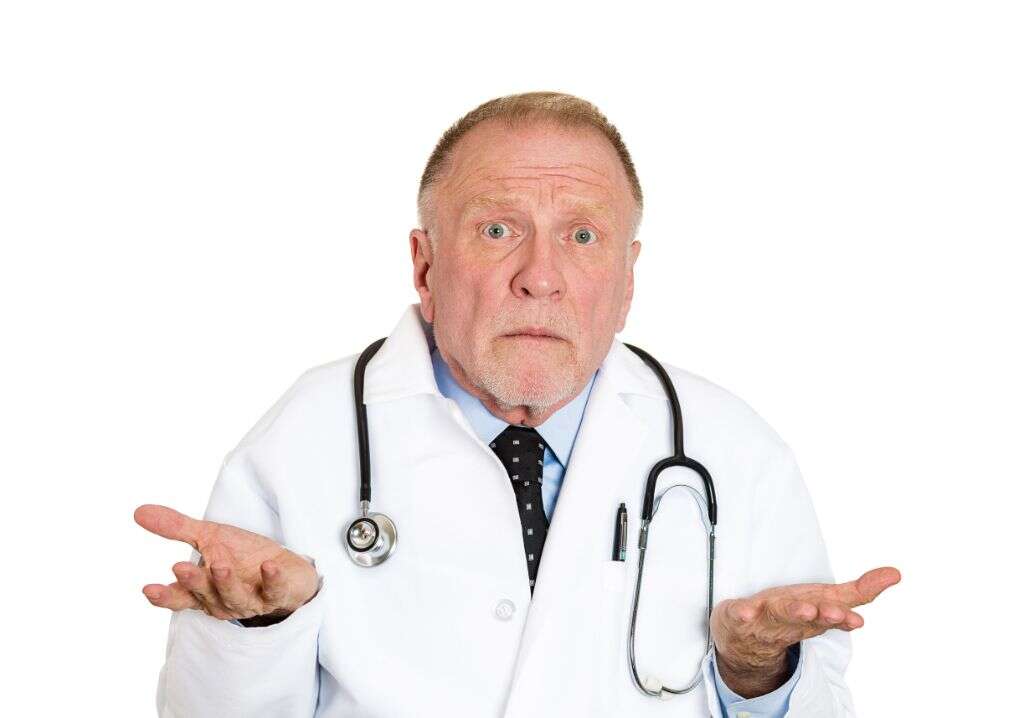
10. Where Can I Get Help With Adrenal Fatigue?
If you have symptoms of adrenal fatigue and feel that you would benefit from treatment, there are many options to pursue. The simplest is to minimize stress, get more rest, and make healthy changes to your diet. You also can choose to further educate yourself by researching the topic online or at your local library.
You can also mention your symptoms to your family doctor. Even if he or she is not of the opinion that adrenal fatigue is a real illness, there might be tests available to find another medical cause and resources to provide relief. If you would like advice from an alternative health care practitioner, look in your area for titles like homeopathic doctor, chiropractor, herbalist, Ayurvedic practitioner, naturopath, nutritionist, or energy healer. You are ultimately responsible for your own health, so it is up to you to decide if you would like to seek treatment for this condition.





